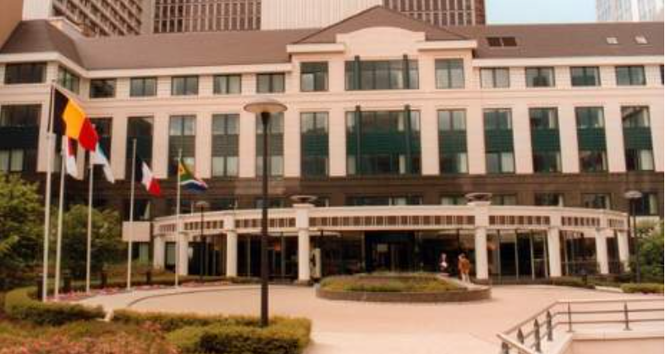
Humanitarian goods benefit from import duty and tax exemption under the system for temporary admission set out in the 1990 Convention on Temporary Admission (Istanbul Convention). With 65 contracting parties,* including many disaster prone countries, the Convention is an important instrument for the facilitation of international disaster assistance.
However, there may be a mismatch between the terms of the Convention and its specific annex concerning humanitarian goods and the current modalities of international humanitarian assistance. Principally, the definitions set out in the Convention include relief consignments but not critical equipment such as vehicles and telecommunications – which is potentially confusing when understood in the context of temporary admission and the expectation for re-export.
The treatment of humanitarian goods was taken up by the Convention’s Administrative Committee at its annual session in Brussels in March. The Committee had before it an information paper prepared by IFRC, OCHA and the World Customs Organization (WCO). The paper examined the Convention’s provisions in light of common aid flows, in particular the fact that majority of goods and equipment imported for humanitarian purposes during a crisis are not re-exported, but either distributed as aid to the affected population or donated to relevant government authorities or other local actors. The paper also included a number of suggested amendments to reconcile this.
Discussion during the Committee’s debate on the topic focused on the need to maintain a clear distinction between temporary admission and permanent importation. But in line with a 2011 resolution of the World Customs Organization Council, representatives recognised the critical role of customs in humanitarian response and the interest in facilitating the swift entry of relief items. A possible way forward suggested was to consider certain amendments to the Istanbul Convention in regard to temporary admission and to recommend further amendments to the International Convention on the Simplification and Harmonization of Customs Procedures (Revised Kyoto Convention).
According to the rules governing amendments to the Istanbul Convention, amendments must be proposed by a contracting party. IFRC, OCHA and WCO will continue the discussion with Committee members over the coming months on the content of possible amendments with the aim of seeing a formal proposal made at the Committee’s next annual session in 2015.
The session this March also afforded IFRC, OCHA and WCO an opportunity to share their collaboration to enhance the role of customs in the management of humanitarian relief operations, including co-organising three regional seminars in Bangkok, Santo Domingo and Astana.
* The specific annex concerning goods imported for humanitarian purposes has been accepted by 43 contracting parties.